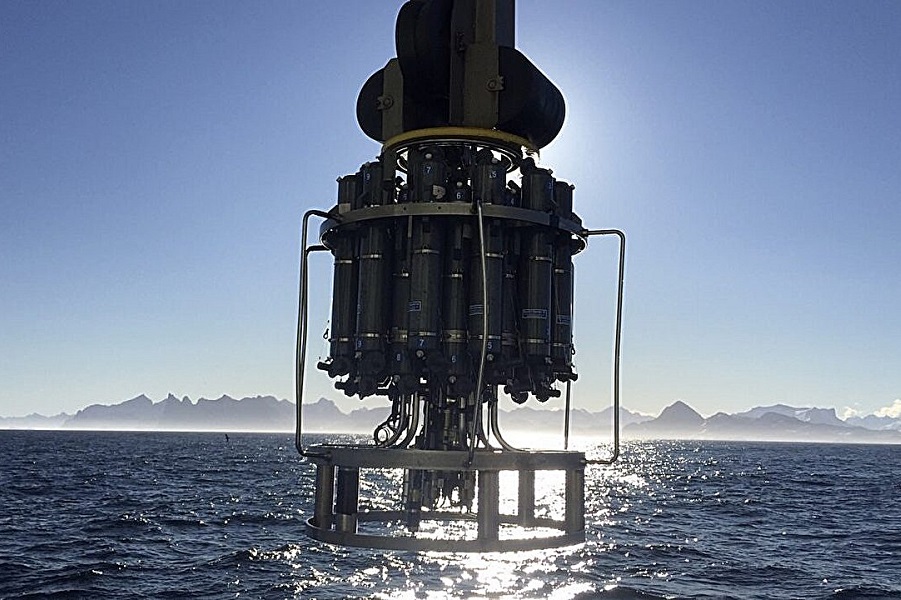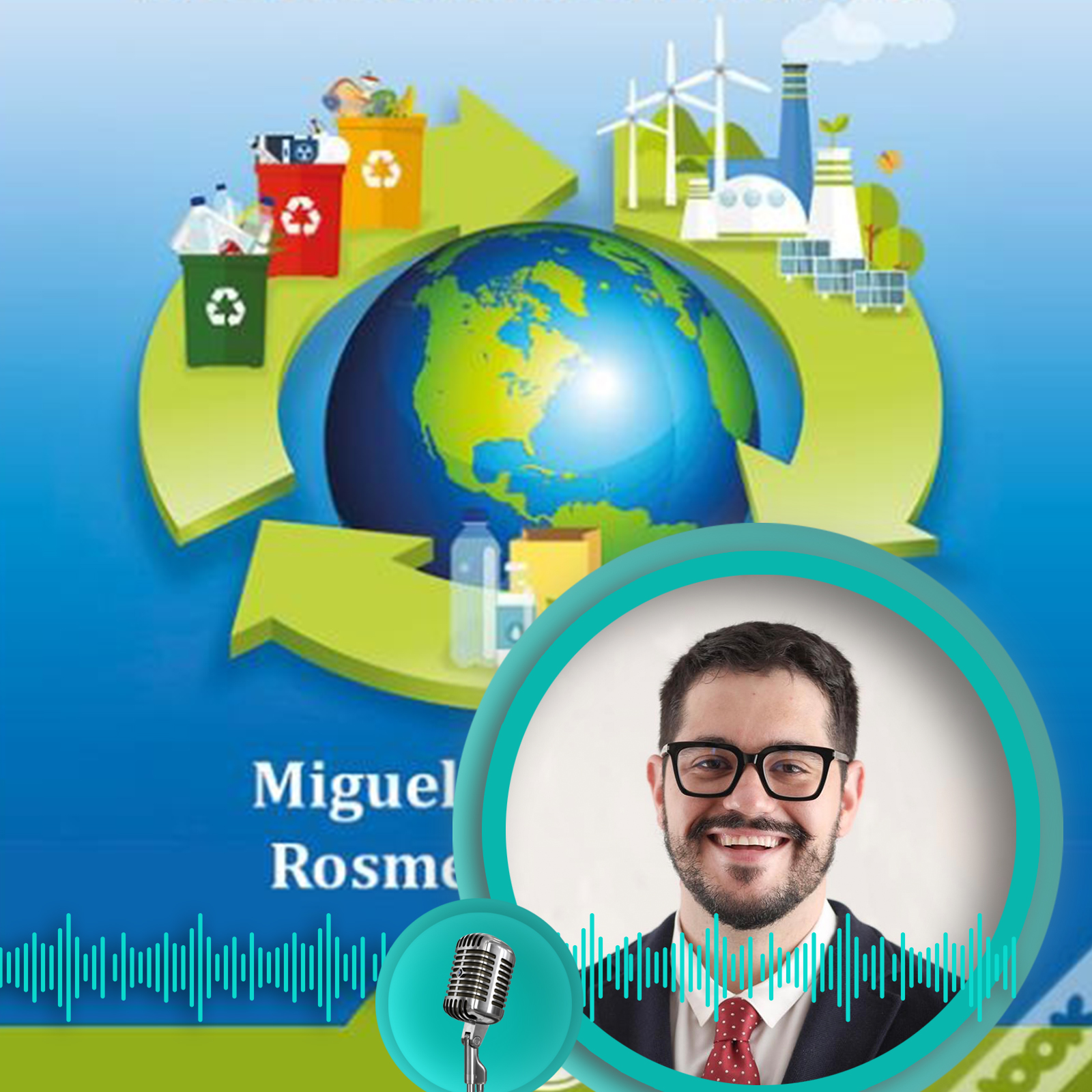
Earth, being 71% covered in water, is influenced by the ocean and its movements. In the Atlantic Ocean, a system of connected currents, called the Atlantic Meridional Overturning Circulation (AMOC), moves water throughout the world's oceans powered by a combination of winds and ocean density. It not only distributes the ocean's heat, moisture, and nutrients, but regulates the Earth's climate and weather.
As the climate is continuously changing and the atmosphere is warming, many scientists fear that fresh water from melting polar ice sheets could significantly disrupt—or collapse—the AMOC. While a decline of the AMOC would have grave consequences, a collapse would be truly catastrophic.
However, studies about the AMOC's long term future are uncertain. Instead of predicting the future, a team of scientists from Woods Hole Oceanographic Institution (WHOI) quantified the past to help inform where we could be going.
In a new paper published in Nature Communications, scientists found that the AMOC has not declined in the last 60 years.
Authors Nicholas P. Foukal, adjunct scientist in Physical Oceanography at WHOI and assistant professor at the University of Georgia; Jens Terhaar, affiliated scientist at WHOI and senior scientist at the University of Bern; and Linus Vogt, visiting student at WHOI when he started to work on this study and now scientist at LOCEAN, Sorbonne Université, say their results mean that the AMOC is currently more stable than expected.
"Our paper says that the Atlantic overturning has not declined yet," said Foukal, who conducted the research while at WHOI. "That doesn't say anything about its future, but it doesn't appear the anticipated changes have occurred yet."
Their findings contrast with previous work, notably a paper from 2018 cited in their study, which reported that the AMOC has declined over the last 70 years. This past work relied on sea surface temperature measurements to understand how the AMOC has changed, but "we've learned that sea surface temperature doesn't work as well as initially thought," said Terhaar, who began leading this study at WHOI as a postdoctoral scientist and completed the work in Bern.
To address the uncertainty, Terhaar and the team relied on new data from the Coupled Model Intercomparison Project (CMIP), climate-earth models produced by the World Climate Research Program. They used 24 different CMIP models and found that the most recently available surface temperature data did not accurately reconstruct the AMOC.
Going a step further, the researchers looked at a different measure: air-sea heat fluxes, which is the exchange of heat from the ocean to the atmosphere. When the AMOC is stronger, more heat is released from the ocean to the atmosphere over the North Atlantic.
The authors derived this AMOC proxy with the CMIP models, then applied it to observational data. The best data for surface heat fluxes over the North Atlantic come from reanalysis products that incorporate direct observations into a model, similar to the way weather forecasts work. The study authors focused on two reanalysis data sets that extend back to the late 1950s to reconstruct the AMOC.
"Based on the results, the AMOC is more stable than we thought," Vogt said. "This might mean that the AMOC isn't as close to a tipping point as previously suggested."
The paper states that air-sea heat flux anomalies in the North Atlantic are tightly linked to the AMOC and that "the decadal averaged AMOC has not weakened from 1963 to 2017." Since there are many processes that lead to large year-to-year variability in the AMOC, the air-sea heat flux and the AMOC are correlated strongest at those timescales, as opposed to annual averages.
"It's almost unanimous at this point that the Atlantic overturning will slow in the future, but whether or not it will collapse is still up for debate," Foukal said. "This work indicates that there is still time to act before we reach this potential tipping point."
As with all proxy-based reconstructions, there are limitations and caveats. The authors point out that direct measurements of air-sea heat flux going back in time are sparse, and thus the reanalysis products contain significant uncertainty. However, despite these limitations, "a decline in AMOC over the last 60 years," Terhaar concludes, "seems very unlikely."







Comment